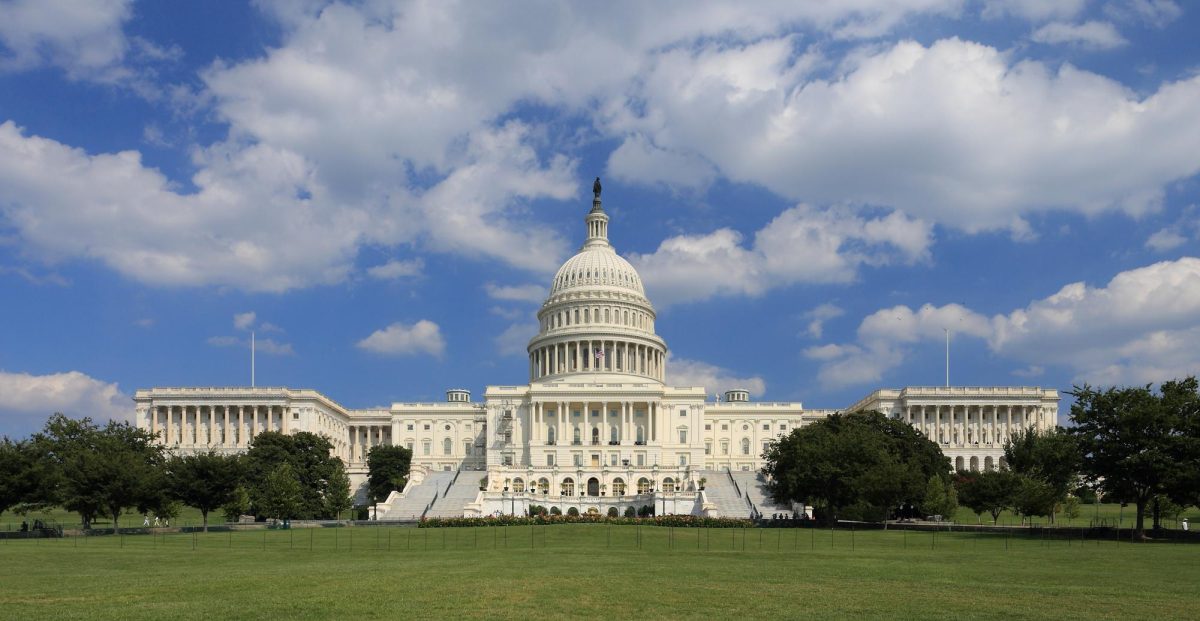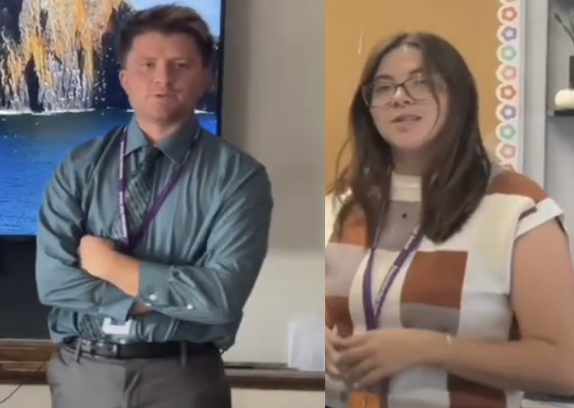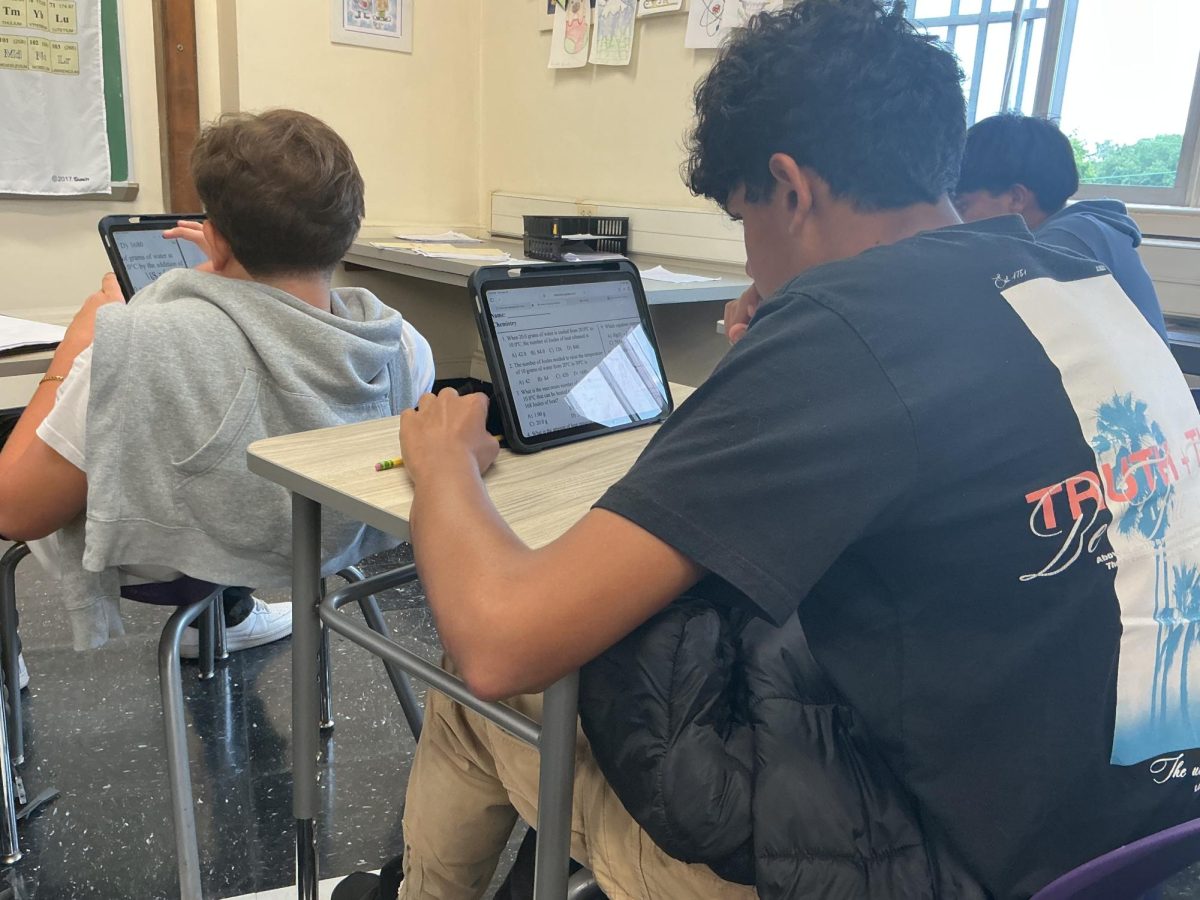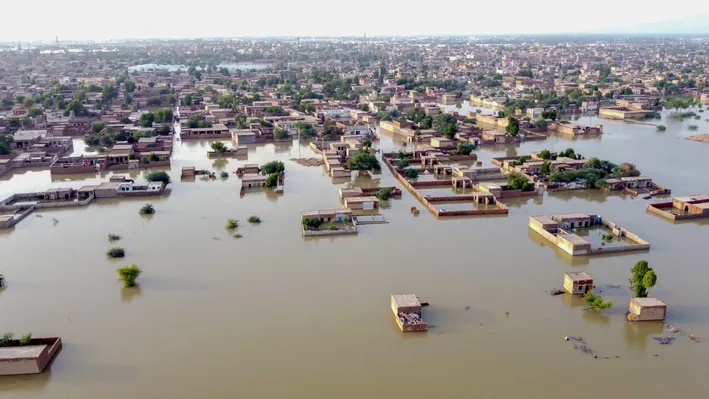Last July, Pakistan faced some of the worst flooding in its history. Record-breaking monsoon rains, combined with India releasing water from their dams into Pakistan’s waterways have devastated huge parts of the nation. More than 30 million people have been affected, while others have been displaced from their homes. Entire villages have been swallowed by floodwaters, farmland destroyed, and families left struggling for food, shelter, and clean water. Nearly 1,000 people have been killed and over 1.8 million people have been displaced from their homes. In the province of Punjab alone, 4,500 villages submerged.
The United Nations has called it one of the world’s largest climate disasters in recent history. For Pakistan, a country already battling political challenges and poverty, the floods are more than just a natural disaster—they are a reminder of the growing dangers of climate change.
What makes this tragedy even more saddening is that Pakistan contributes less than 1% of the world’s carbon emissions, yet it is among the nations most vulnerable to climate change due to its geographic location. This raises important questions about fairness and responsibility in the global fight against climate change.
Relief efforts from around the world are underway, with aid organizations providing medical support, food, and shelter. Still, much more help is needed. Rebuilding damaged communities will take months, maybe years.
For students like us, who may feel far away from these calamities, it’s worth noting how interconnected the world has become. Climate change doesn’t respect borders, and this could happen anywhere due to the impending issue of climate change. If you want to reach out to help donate to Human appeal or the UNHCR, the United Nations refugee agency. Both are non profits that help with natural disasters around the world.
















